Introduction
The Japanese Chin is a small, delicate toy breed with unique health needs.
-
These charming dogs are prone to several common breed-specific health issues
-
Proper care and prevention can help your Chin lead a longer, healthier life
-
It is important to be proactive about their health to minimize any complications
-
Knowing what to look out for will help in providing the best care for your pet
-
This guide will cover the top 10 health concerns for the Japanese Chin
1. Patellar Luxation
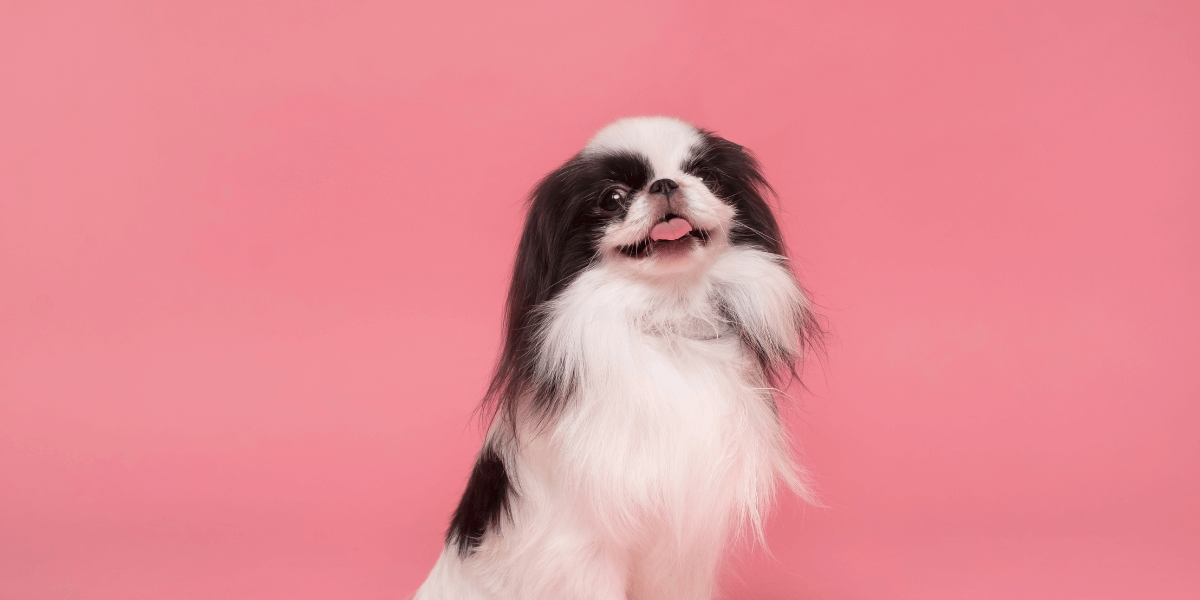
Patellar luxation affects the knee joint and is common in small dogs.
- Cause: Misalignment of the kneecap
- Symptoms: Lameness or skipping gait
- Diagnosis: Physical examination by a vet
- Treatment: May require surgery in severe cases
- Prevention: Maintain a healthy weight for your dog
- Care: Regular low-impact exercise can strengthen joints
- Prognosis: Most cases have a good outcome with proper care
- Vet Visits: Regular check-ups to monitor knee health
2. Brachycephalic Airway Syndrome
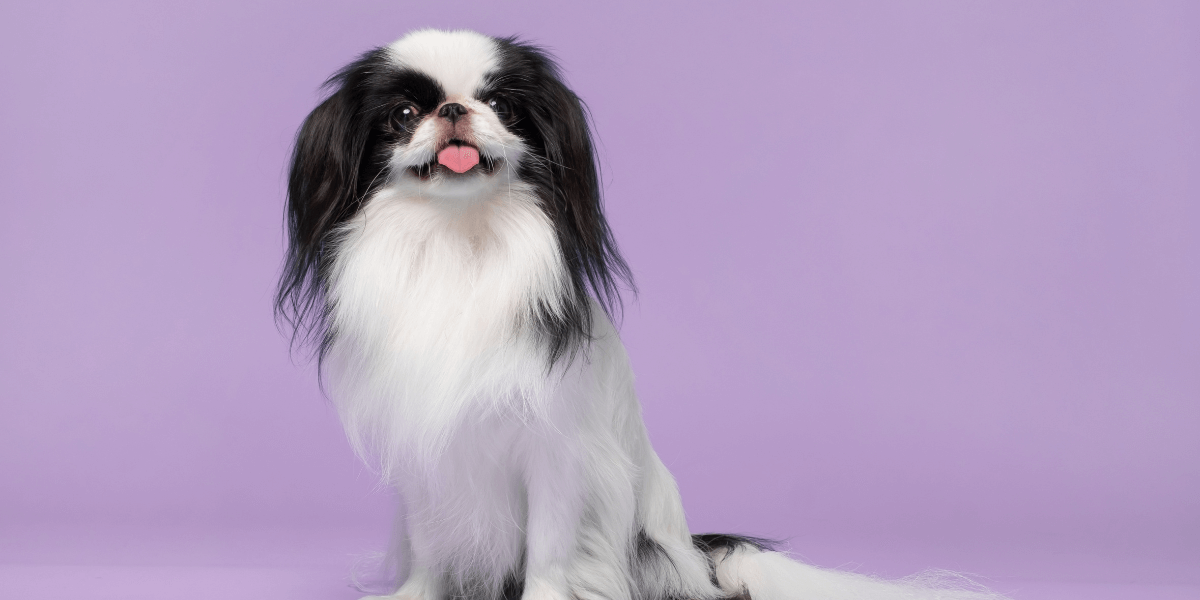
This condition is common in flat-faced breeds like the Chin.
- Cause: Narrow airways due to brachycephalic skull structure
- Symptoms: Difficulty breathing or noisy breathing
- Diagnosis: Airway evaluation by a vet
- Treatment: Surgical correction in severe cases
- Prevention: Avoid overexertion and extreme heat
- Care: Keep your dog in a cool environment
- Prognosis: The condition can be managed with care and monitoring
- Vet Visits: Check for any signs of respiratory distress
3. Eye Problems
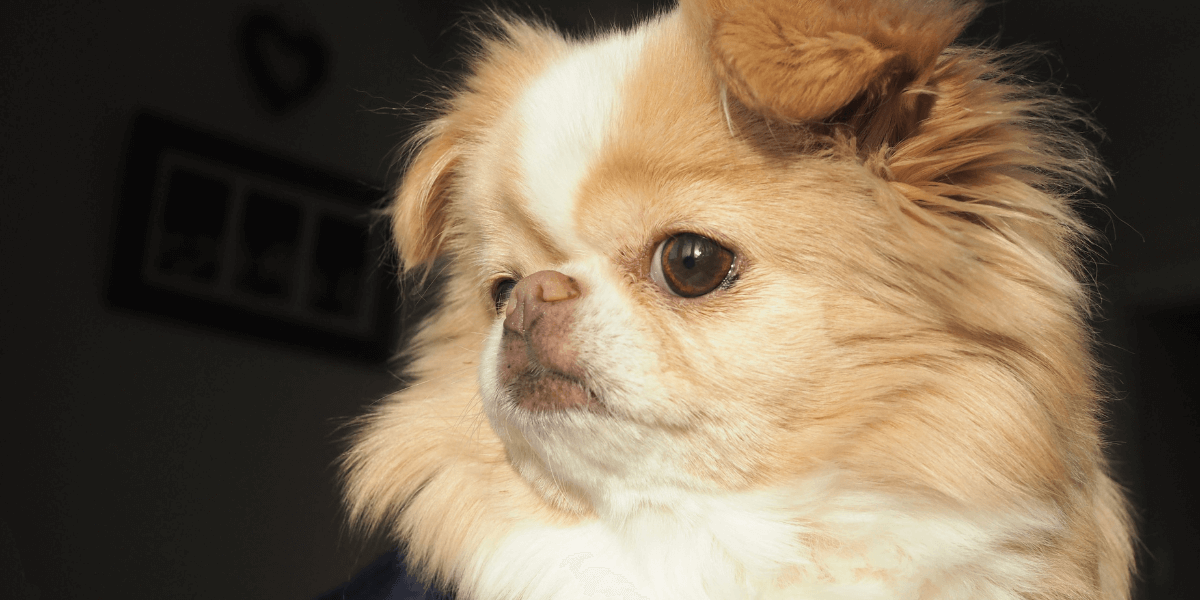
Chin dogs are prone to eye conditions due to their large, protruding eyes.
- Cause: Eye shape and exposure to debris
- Symptoms: Eye irritation, redness, or discharge
- Diagnosis: Eye examination by a vet
- Treatment: Eye drops or surgery for severe cases
- Prevention: Keep the eyes clean and free from irritants
- Care: Wipe their eyes daily with a clean, damp cloth
- Prognosis: Most eye issues are treatable with early care
- Vet Visits: Regular eye exams are essential
4. Heart Disease
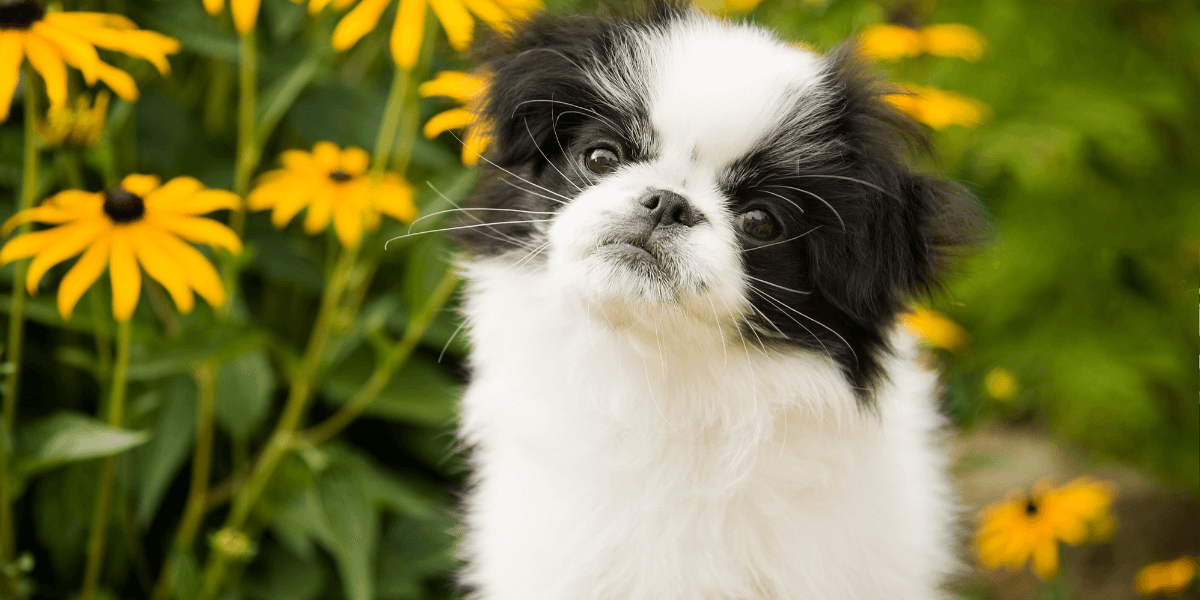
Mitral valve disease is a common heart condition in Japanese Chin dogs.
- Cause: Deterioration of the heart valve
- Symptoms: Coughing, lethargy, or difficulty breathing
- Diagnosis: Heart ultrasound or X-rays
- Treatment: Medications to manage heart function
- Prevention: Regular vet visits to monitor heart health
- Care: Feed a balanced diet and avoid excessive weight gain
- Prognosis: Early detection can improve life expectancy
- Vet Visits: Heart health check-ups are critical
Learn about common health issues in Labrador Retriever to ensure your pet's well-being.
5. Dental Issues
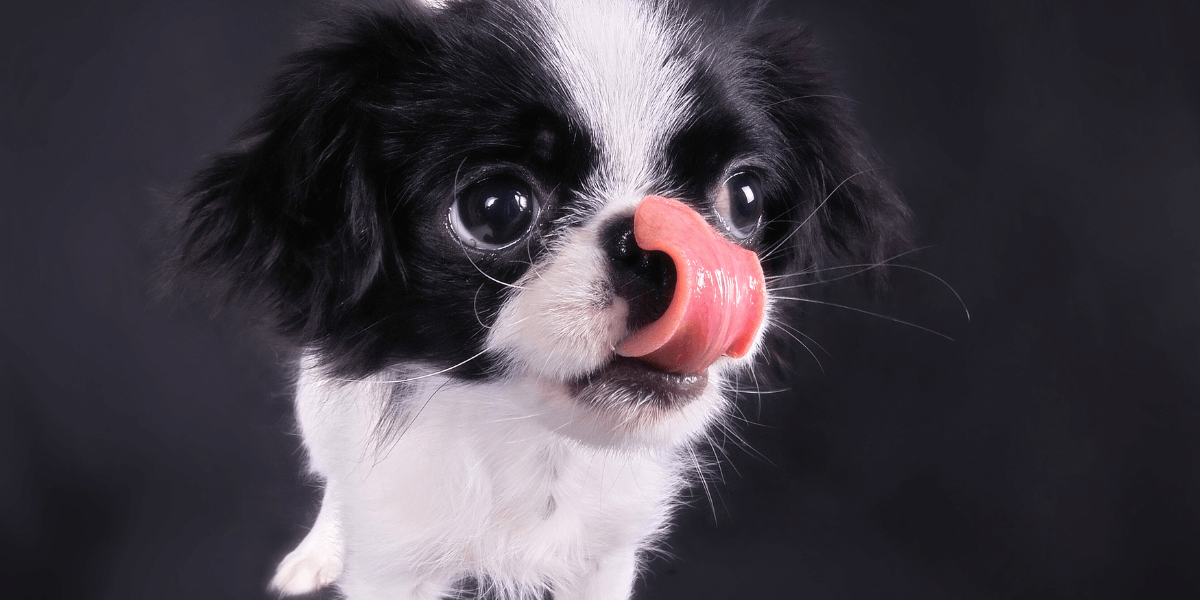
Dental problems are common in toy breeds like the Japanese Chin.
- Cause: Crowded teeth and tartar buildup
- Symptoms: Bad breath, gum inflammation, or tooth loss
- Diagnosis: Dental examination by a vet
- Treatment: Professional cleaning and extractions if necessary
- Prevention: Brush your dog’s teeth regularly
- Care: Use dental chews and oral rinses
- Prognosis: Good oral hygiene can prevent most dental issues
- Vet Visits: Annual dental exams are recommended
6. Hypoglycemia
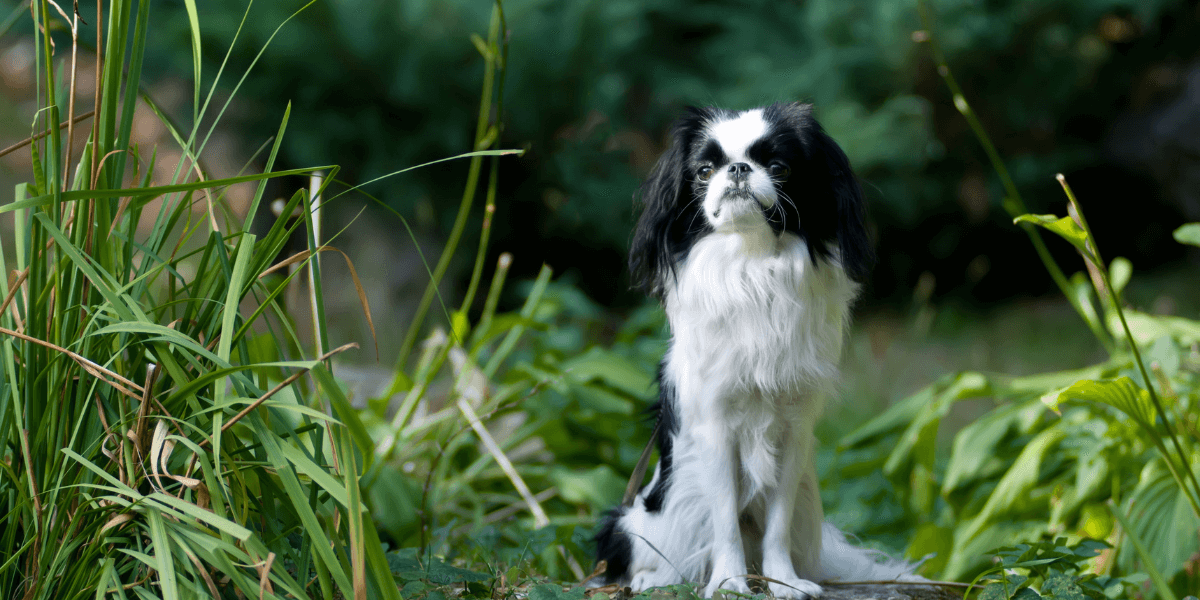
Low blood sugar is a risk for toy breeds like the Japanese Chin.
- Cause: Sudden drop in glucose levels
- Symptoms: Weakness, tremors, or seizures
- Diagnosis: Blood glucose testing by a vet
- Treatment: Immediate glucose administration
- Prevention: Feed small, frequent meals to maintain blood sugar
- Care: Always have a glucose gel on hand
- Prognosis: Hypoglycemia can be fatal if untreated
- Vet Visits: Monitor glucose levels regularly in puppies
Discover the best foods and supplements for Pembroke Welsh Corgi to maintain their health.
7. Allergies
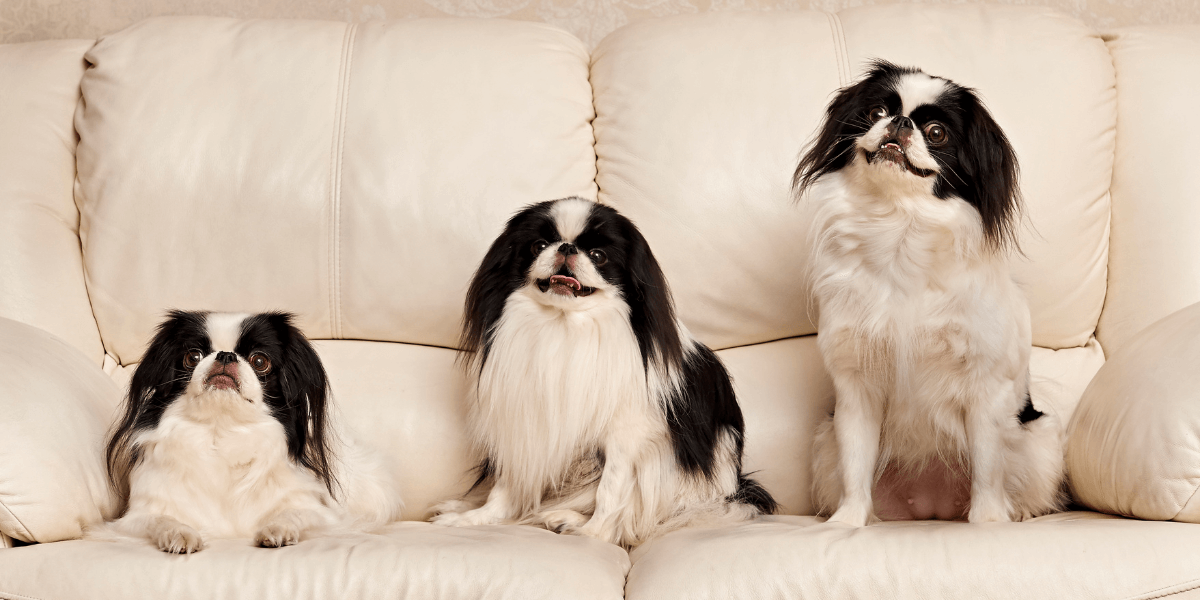
Allergies are a common issue for Japanese Chin dogs, affecting skin and respiratory health.
- Cause: Environmental allergens or food ingredients
- Symptoms: Itching, rashes, or sneezing
- Diagnosis: Allergy testing by a vet
- Treatment: Antihistamines or prescription diets
- Prevention: Keep your dog's environment clean and allergen-free
- Care: Regular baths with hypoallergenic shampoo
- Prognosis: Allergies can be managed with long-term care
- Vet Visits: Routine visits to monitor allergic reactions
8. Cataracts
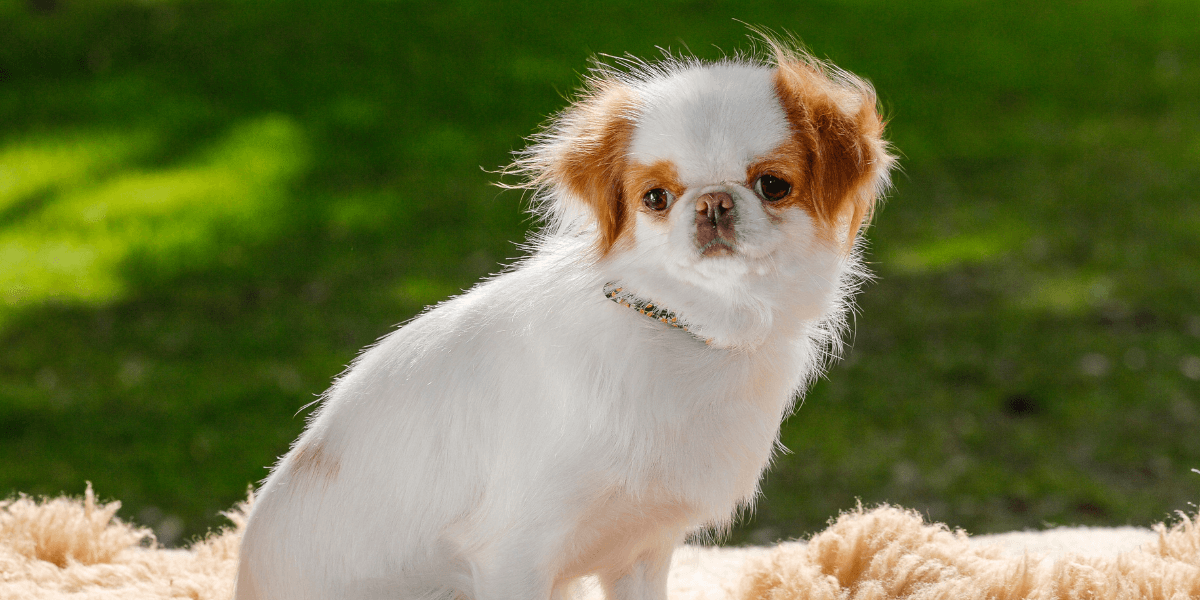
Cataracts can impair vision and are more common in older Japanese Chin dogs.
- Cause: Aging or genetics
- Symptoms: Cloudy eyes or vision loss
- Diagnosis: Eye examination by a vet
- Treatment: Surgery may be needed to remove cataracts
- Prevention: Regular eye health check-ups
- Care: Protect eyes from injury and debris
- Prognosis: Early treatment improves outcomes
- Vet Visits: Regular eye exams to catch cataracts early
Early detection is key! Discover expert tips on preventing and managing health problems.
9. Skin Fold Dermatitis
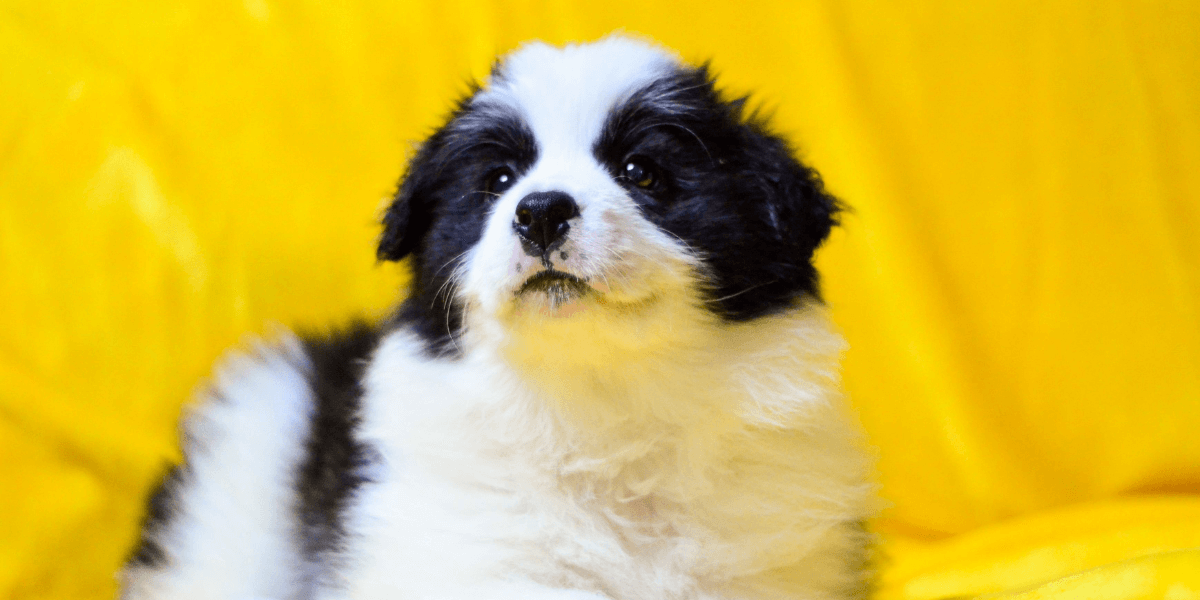
Skin fold dermatitis is common in breeds with facial folds like the Japanese Chin.
- Cause: Moisture and bacteria trapped in skin folds
- Symptoms: Redness, irritation, or foul odor
- Diagnosis: Physical examination by a vet
- Treatment: Topical antibiotics or antifungal treatments
- Prevention: Clean skin folds daily to prevent infection
- Care: Keep folds dry and free of moisture
- Prognosis: Most cases are manageable with hygiene care
- Vet Visits: Skin health should be regularly monitored
10. Obesity
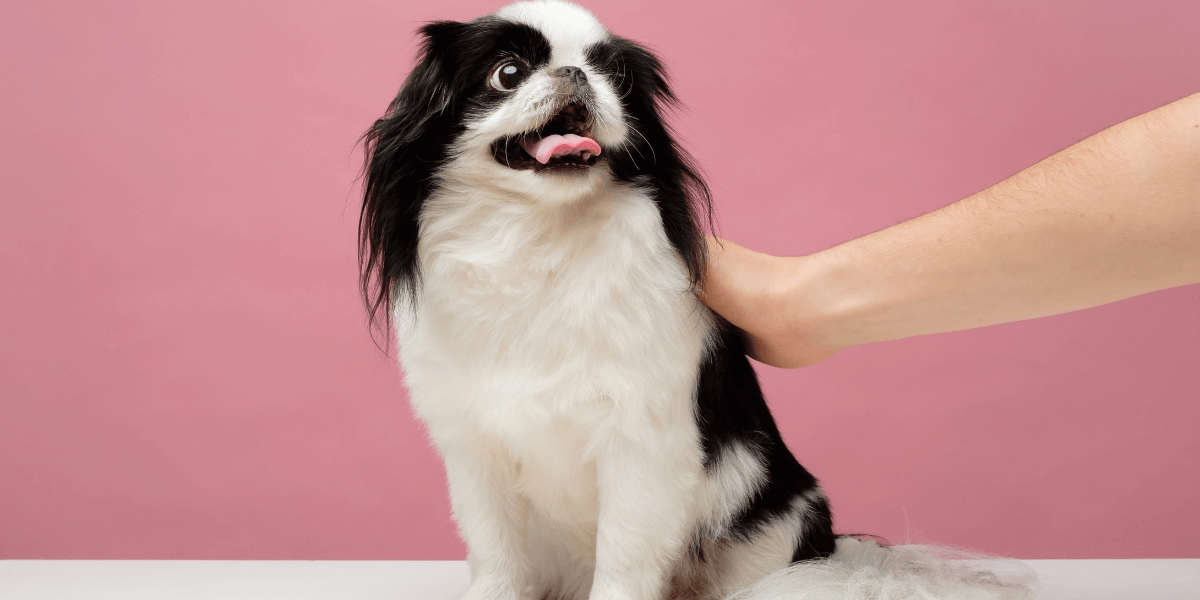
Obesity can lead to various health problems in Japanese Chin dogs, including joint issues.
- Cause: Overfeeding or lack of exercise
- Symptoms: Weight gain, lethargy, or difficulty moving
- Diagnosis: Weight check and body condition evaluation by a vet
- Treatment: Caloric restriction and increased exercise
- Prevention: Feed a balanced, portion-controlled diet
- Care: Engage in daily play and walks
- Prognosis: Maintaining a healthy weight can extend lifespan
- Vet Visits: Regular weigh-ins to track progress
FAQs
1. What is the best way to prevent patellar luxation?
- Maintain a healthy weight and avoid high-impact activities
2. Can brachycephalic airway syndrome be treated without surgery?
- Mild cases can be managed with lifestyle adjustments
3. How often should I clean my Japanese Chin's eyes?
- Wipe their eyes daily to remove debris and reduce irritation
4. Are dental issues preventable in Japanese Chin dogs?
- Yes, regular brushing and dental chews help prevent dental problems
5. What should I do if my dog shows signs of hypoglycemia?
- Provide a glucose source immediately and contact your vet
6. How can I manage my dog's allergies?
- Use hypoallergenic products and limit exposure to known allergens
7. Is obesity common in Japanese Chin dogs?
- Yes, due to their small size, they can easily gain weight by overfeeding
Conclusion
- Taking care of your Japanese Chin’s health is crucial for a happy, long life
- Knowing these common health issues helps you prevent serious complications
- Regular vet visits and proper care are key to managing potential health problems
- Always monitor for any changes in your dog’s behavior or health
- Keeping your Japanese Chin active and healthy will improve their quality of life
- Take action today to ensure your dog enjoys a healthy, comfortable future




